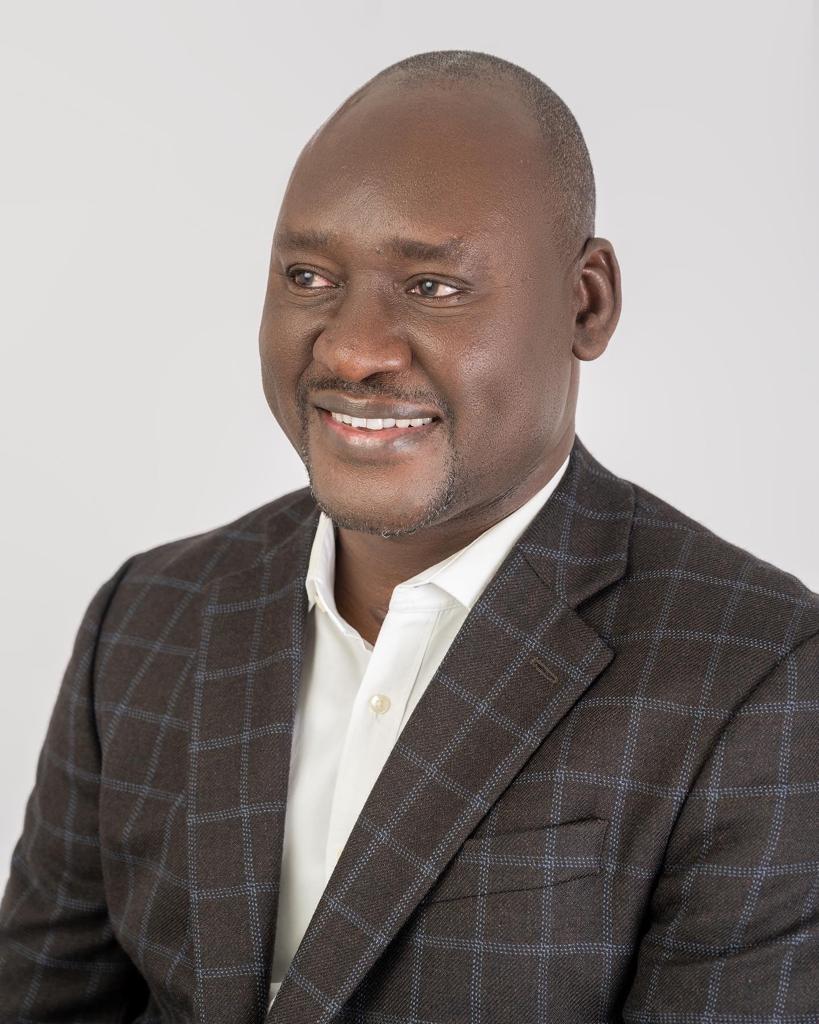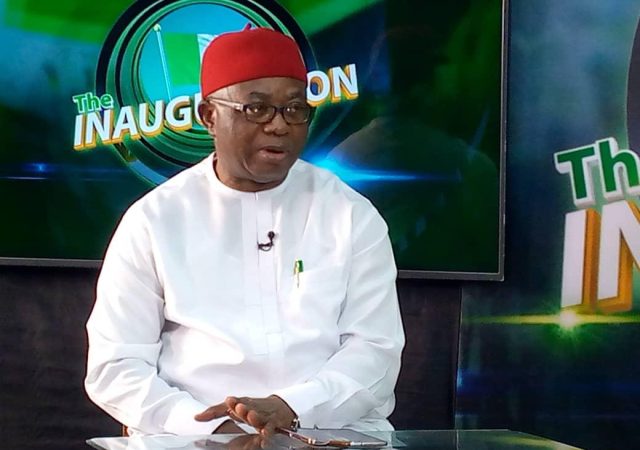
By Sunday Oyinloye
As nations prepare for the Fourth International Conference on Financing for Development (FfD4), scheduled for June 30, 2025, in Seville, Spain, Nigerian civil society organisations are making a strong case for transformative global reforms and urgent domestic action to address the persistent financing challenges facing the Global South.
The call is contained in a newly released report titled “Financing for Development in Nigeria: Sectoral Context and Insights for the Fourth International Conference”—an advocacy position paper developed by the Civil Society Legislative Advocacy Centre (CISLAC), in partnership with Oxfam in Nigeria, Christian Aid, International Budget Partnership, Tax Justice & Governance Platform, Connected Development, and other key partners under the Africa Agenda on Financing for Development (Agenda Afrique).
The report presents a sobering analysis of Nigeria’s development trajectory, warning that: “Nigeria faces a multidimensional financing gap, driven by underperforming domestic resource mobilization, inequitable global financial rules, and increasing vulnerability to climate change.”
It notes that critical sectors such as education, health, agriculture, and climate resilience remain chronically underfunded. “Education spending falls below UNESCO benchmarks, health expenditure remains under 4% of GDP, and the country loses over $18 billion annually to illicit financial flows,” the document states. “Meanwhile, Nigeria’s debt service-to-revenue ratio has now exceeded 70 percent, leaving little room for investment in people.”
The report also emphasizes that while international frameworks such as the African Union’s Agenda 2063, ECOWAS Vision 2050, and the United Nations Sustainable Development Goals (SDGs) offer a shared vision for progress, the real struggle lies in resource mobilization. “The issue is not a lack of frameworks, but rather a lack of effective implementation due to several core problems,” the report asserts, citing corruption, poor budget implementation, outdated development data, and weak public financial management systems as recurring challenges.
It laments that most Nigerian states do not have measurable development blueprints, making it difficult to track progress or attract meaningful investments. “Without decisive and deliberate efforts to bridge these financing gaps at both national and sub-national levels, Nigeria will continue to fall behind,” the document warns.
Nigeria is also using the platform of the upcoming FfD4 to call for major reforms in the international financial architecture. The country advocates for changes to global tax rules, easier access to climate finance, and new concessional financing frameworks that reflect the needs of countries with large populations living in poverty. “We urge the international community to prioritise loss and damage financing, equitable access to green investments, and reform of Special Drawing Rights (SDRs) to better support middle-income countries carrying high poverty burdens,” the report adds.
On the domestic front, the report outlines a range of policy proposals to enhance Nigeria’s financial capacity. These include adopting digital tax systems for fair taxation, simplifying trade processes to drive industrialisation, launching anti-corruption and asset recovery campaigns, and establishing development finance facilities to de-risk private investment in infrastructure and social services. It also calls for the institutionalisation of peer learning platforms to encourage innovation in sub-national financing strategies.
The report draws urgent attention to Nigeria’s worsening brain drain crisis. “The continued migration of Nigeria’s skilled workforce, especially young professionals, is directly linked to the lack of inclusive economic opportunities at home. If we fail to invest in youth-centred policies and job creation, our best minds will continue to seek prosperity elsewhere.”
As the world gears up for FfD4, Nigeria is positioning itself to take a leadership role in shaping the future of global development finance. The report concludes with a call to action: “This moment is pivotal. As the global community gathers to renew its financing commitments, Nigeria stands ready to champion equity, accountability, and inclusion in the international financial system. The upcoming FfD4 conference presents a critical opportunity to reshape global financing and unlock the investments required for a just and resilient future.”
Earlier in his welcome address, the Executive Director of the Civil Society Legislative Advocacy Centre (CISLAC) Auwal Ibrahim Musa (Rafsanjani) said Nigeria’s financing challenges are deeply rooted in systemic issues.
According to him, corruption, inadequate budgetary allocation and implementation, non-transparent procurement processes, and outdated or unavailable data continue to undermine the nation’s planning and policy execution adding that most troubling is the collapse of development blueprints at the state level
He disclosed that many states do not even have a measurable development plan, making it impossible to track or assess progress.
In his words “Excessive debt burdens, unutilised population potential, and the absence of an enabling environment for industrialisation and ease of doing business have contributed to our inability to finance development effectively.
“These are not new problems, but they remain unresolved, and their cost is borne by the most vulnerable Nigerians”.
“To overcome these challenges, we need a whole-of-society approach. Policymakers, legislators, the private sector, civil society, and development partners must work together to craft and implement strategies that can unlock new sources of revenue and improve financial management.
“We must improve domestic resource mobilization, combat illicit financial flows, eliminate waste and duplication, diversify our economy, and close the loopholes that allow money laundering, tax evasion, and capital flight to flourish.”









